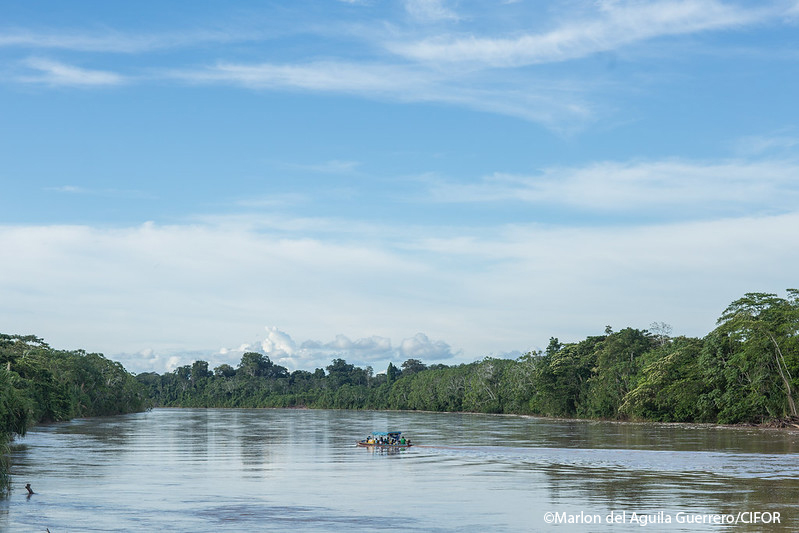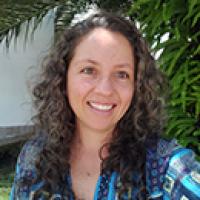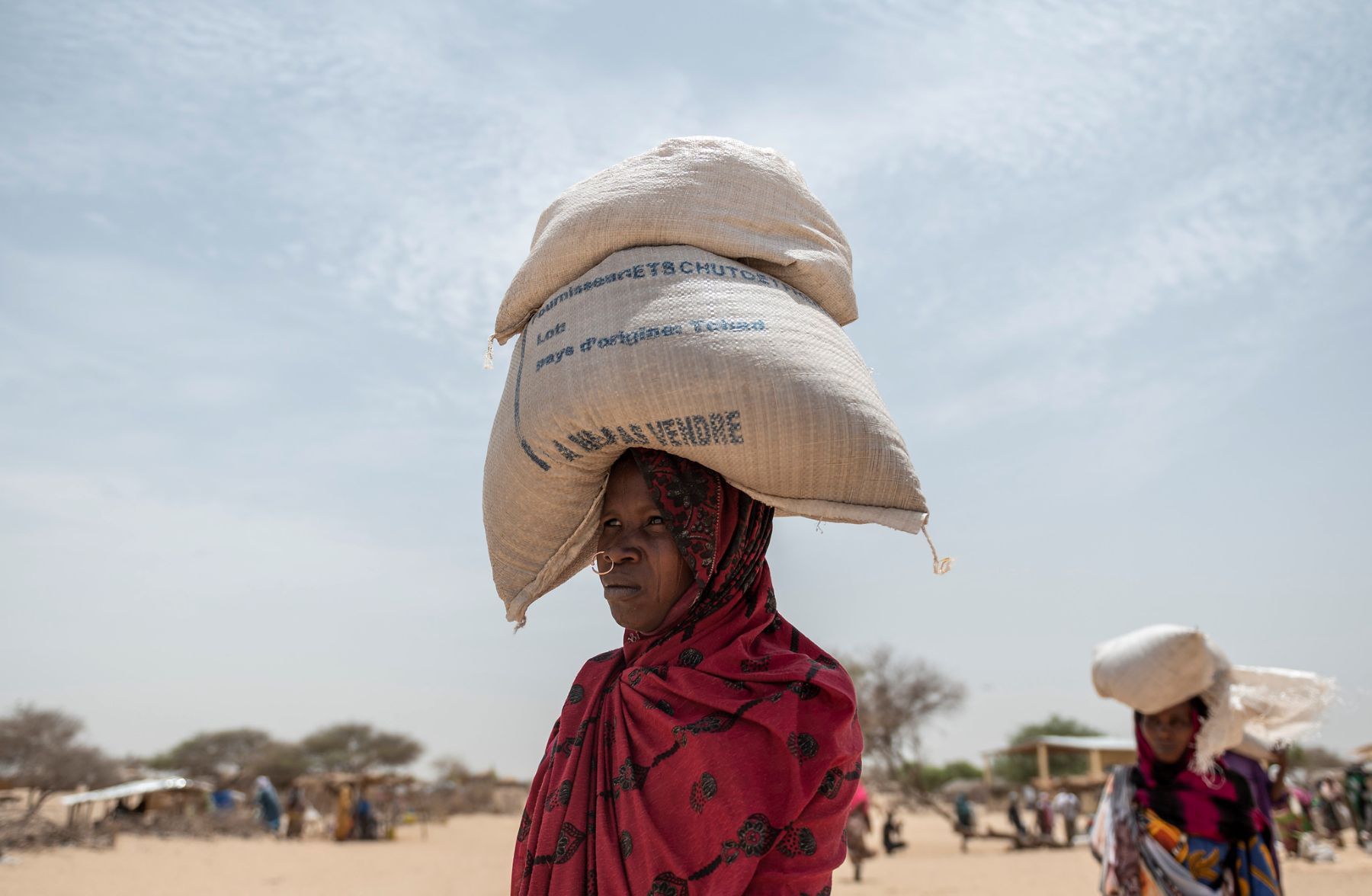At a time when international development budgets are under pressure, involving the private sector in accelerating progress towards the UN's Sustainable Development Goals has become more pressing than ever. Rather than replacing public funding, private sector engagement serves as a strategic lever—especially in sectors where private investments can enhance sustainability and scalability.
What is private sector engagement (PSE)
Companies, industry organizations and financial institutions of various sizes can help bridge resource gaps, drive long-term economic resilience, and create shared value. From financing climate-smart infrastructure projects in Sub-Saharan Africa, AI-powered traffic systems in Latin America to developing capacity of social business start-ups in Asia-Pacific, effective engagement of private actors can help accelerate positive change.
Convincing for-profit entities to meaningfully engage in development efforts for reasons beyond enhancing their corporate image or securing a skilled workforce may need careful stewardship from actors who know the needs of populations they serve and to whom they are accountable. This is the key role of public institutions in low- and middle-income countries (L&MICs), donors, established multi-lateral, bilateral organizations and civil society. They often cooperate not just with the private sector but also with other actors such as private foundations, labor unions, or social enterprises.
Mapping PSE evidence
Previous and ongoing efforts to map the evidence base for PSE interventions in L&MICs have primarily focused on international cooperation, specific interventions or sectors. Through a grant agreement, we received funding from Deutsche Gesellschaft für Internationale Zusammenarbeit (GIZ) to provide an overview of existing rigorous evidence and research gaps related to the engagement of the private sector by looking beyond the usual overseas development assistance actors and including emerging South-South cooperation and domestic efforts from individual L&MICs.
Our Evidence and Gap Map (E&GM) aims to provide a systematic overview of experimental and quasi-experimental study designs; qualitative studies that aim to infer causation; and systematic reviews studying the effects of:
- Direct and blended finance mechanisms, challenge and innovation funds
- Public-private partnerships
- Capacity development of private, hybrid or public actors
- Matchmaking and advice
- Structured dialogue
- Complex interventions
To inform the design of future PSE strategies and initiatives, we will map interventions to outcomes across the key actors in the PSE system—investors or donors, partner countries, intermediaries operationalizing PSE and individual target groups. For more details refer to the study protocol.
Call for papers
We invite researchers and practitioners to contribute towards building this critical evidence base and welcome your feedback regarding the study if you have conducted or are aware of relevant papers, whether published, unpublished, completed, or ongoing. We will be accepting study suggestions and submissions till 31 May 2025. Your contributions will help fill critical gaps in our understanding and drive improvements in PSE design, interventions and implementation.
The scope of this EGM was developed in consultation with our advisory group members from key organizations committed to enhancing PSE research and practice:
- Adam Osman, Associate Professor, University of Illinois Urbana-Champaign
- Felipe Isidor-Serrano, Co-founder, Main Level Consulting
- Luca Etter, Senior Policy Advisor, Swiss Agency for Development & Cooperation
- Magdalena Orth, Senior Evaluator/Team Leader, DEval
- Miriam Amine, M&E Specialist, KfW DEG Impulse \
- Oswald Agbadome, Principal Evaluation Officer, African Development Bank
- Sarah Frohnweiler, Researcher, RWI - Leibniz Institute for Economic Research and University of Göttingen
- Stephen Syrett, Professor, Centre for Enterprise, Environment and Development Research (CEEDR), Middlesex University
- Ying Gao, Senior Policy Manager, J-PAL Global (Subject Matter Expert)
- Yury Zaytsev, Doctoral Researcher, Helmut Schmidt University
We thank all the above experts for their valuable input and will be grateful for your help in spreading this blog in your networks!
Comments
Hi, thanks for developing this research synthesis. I would like to suggest a couple of studies that may be relevant to these topics. What is the best way to submit them?
Thanks,
Saurabh
Thanks for sharing but I need to know more about the publication requirements and how to submit











We have implemented private sector engagement project to evaluate the feasibility and effectiveness of immunization coverage. Happy to share more info.